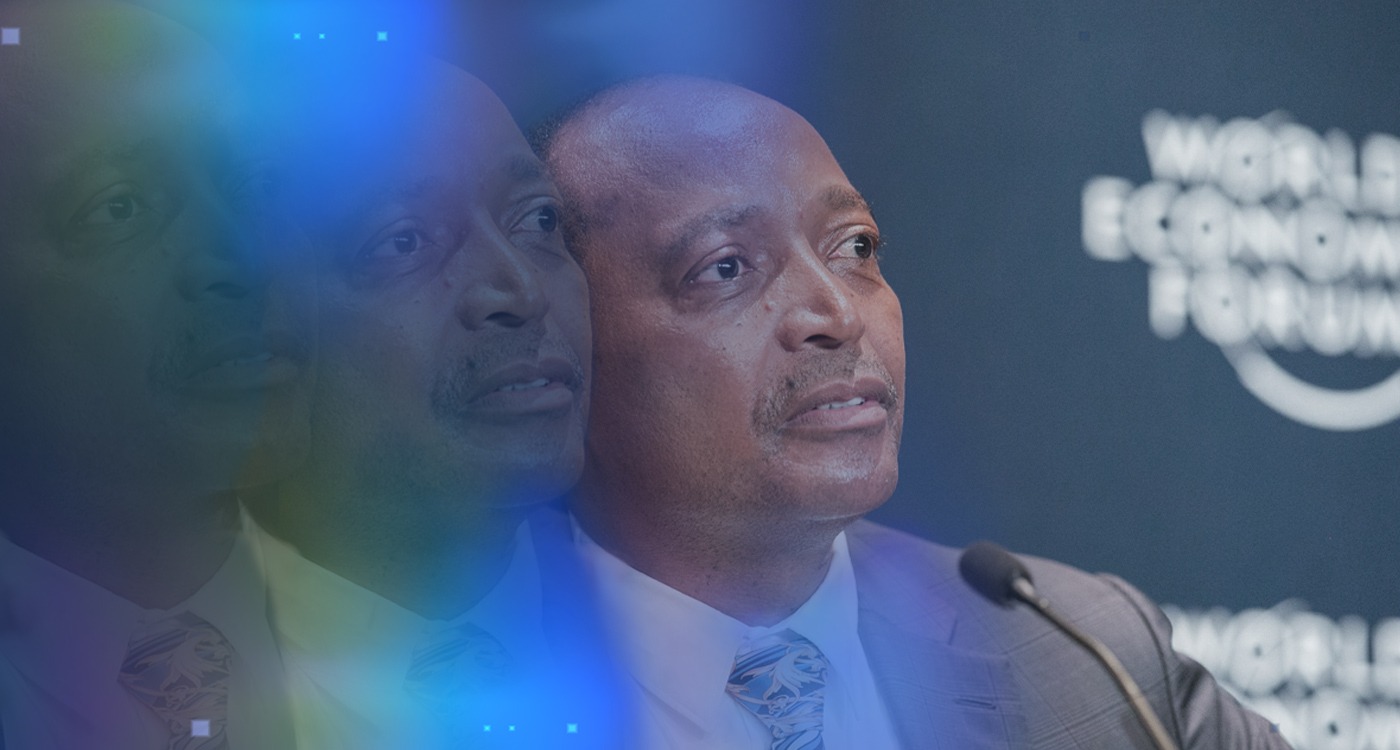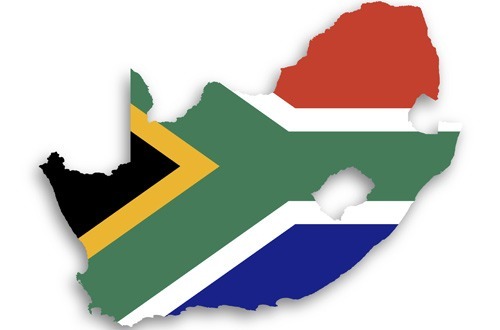
The highly anticipated launch of 22 On Sloane, Africa’s newest and biggest entrepreneurial campus in Bryanston, Johannesburg, is music to the ears of many startups, entrepreneurs and inventors alike, not only in South Africa, but on the continent at large.
Arguably one of the most difficult challenges facing business-minded rookies is first securing financing, followed in close second by ensuring sustainability. 22 On Sloane positions itself as ‘powering the next generation of entrepreneurs’. And here’s why many entrepreneurial motivators from both the public and private sectors are confident it can do just that – by helping to eradicate numerous challenges startups face on their journey to enjoy long term success.
The campus offers a total 360-degree turnkey solution to start and scale – from the initial concept all the way to sustainable commercialisation. Participants also have direct on-hand access to a global and diverse team of experienced entrepreneurs, mentors, scientists, managers, CEOs and funders all under one roof to nurture and support them during every step of their journey. This includes product development, services, business models, funding opportunities and access to markets, as well as exploring and identifying new industries and opportunities in Africa.
The launch of the innovative 22 On Sloane campus, a subsidiary of the Global Entrepreneurship Network (GEN), which takes place on Friday, 10 November 2017, will coincide with the launch of the South African Chapter of the Global Entrepreneurship Week (GEW), which is hosted by the passionate acclaimed advocate of entrepreneurialism, Lindiwe Zulu, minister of Small Business Development, South Africa. The minister will be joined by various local ministers as well as those from Nigeria and Tanzania.
The minister remains confident that working together, a vibrant and sustainable entrepreneurial ecosystem that would propel SMMEs to scale up and enter into the mainstream economy through targeted support mechanisms can be created – and 22 On Sloane perfectly mirrors her sentiments.
“My vision is to create a base where entrepreneurs can emerge with requisite skills base and support that would propel them to a higher level that would enable them to contribute to job creation and poverty eradication, whilst harnessing the values and principles of a true entrepreneur,” she explains. (Via Bizcommunity)
AfDB Seeks Global Support For Africa’s Young Farmers
The African Development Bank has called for global support for Africa’s young farmers and “agripreneurs”, highlighting how agribusiness is the answer to the continent’s youth employment.
In collaboration with the Initiative for global development, the Association of African Agricultural Professionals in the Diaspora (AAAPD), Michigan State University, Iowa State University, and the International Institute of Tropical Agriculture (IITA), the AfDB brought together stakeholders to discuss how to expand economic opportunities for Africa’s youth throughout the agricultural value chain, from lab to farm to fork.
The session titled “Making Farming Cool: Investing in future African farmers and Agripreneurs” was held on the sideline of the ongoing 2017 World Food Prize Symposium-Borlaug Dialogue in Des Moines, Iowa, and had in attendance young entrepreneurs from Africa, private sector representatives, policymakers and thought leaders.
Africa has the world’s youngest population with 60% being under 35 years old. There are 420 million youth aged 15-35 and this segment of the population is expected to double to 840 million by 2040.
Working with IITA, the African Development Bank is empowering young farmers under the Empowering Novel Agri-Business-Led Employment (ENABLE) Youth programme.
“Africa’s next billionaires are not going to come from oil, gas, or the extractives. ENABLE Youth is about investing in small agribusinesses today so that they can grow into large enterprises tomorrow,” African Development Bank president Akinwumi Adesina said.
“By empowering youth at each stage of the agribusiness value chain, we enable them to establish viable and profitable agribusinesses, jobs and better incomes for themselves and their communities.”
He explained how attracting a new cadre of young, energetic and talented agripreneurs – who will drive the adoption of new technologies throughout the value chain, raise productivity and meet rising food demands – is an urgent priority.
Recent studies indicate that as African economies transform, there are expanding opportunities for youth employment and entrepreneurship throughout high-potential value chains where consumer demand is increasing, including horticulture, dairy, oilseeds, poultry and aquaculture.
In addition, there are huge opportunities for engaging African youth in services and logistical sectors in key off-farm activities such as transportation, packaging, ICT and other technology development and light infrastructure – that add value to on-farm productivity and efficiency, in ways that could not be envisioned before.
The whole idea of connecting farms to markets, particularly rising urban and regional markets, is where Africa needs to plug in this bulging youth population, Adesina said.
The Bank president highlighted major efforts needed to provide young Africans with new business opportunities, modern and practical skills, access to new technologies, land, equipment and finance that will allow them to transition from subsistence livelihood into higher-paying work, whether these are on or off the farm.
In his words, “This is how we intend to make farming cool!”
Through the ENABLE Youth program, the AfDB and its partners are empowering youth at each stage of the agribusiness value chain with plans to train 10,000 agripreneurs in African countries, launching at least 300,000 enterprises and creating 1.5 million jobs over the next 5 years.
Africa already has shining examples of successful youth agripreneurs, nine of whom were in the room as Adesina spoke.
He cited three examples of the thousands of young agripreneurs whose fascinating stories fill him with a sense of hope and urgency.
“We need to effectively utilize this African diaspora in the same way done by the Asian countries by leveraging on their expertise to fast-track Africa’s development agenda and allow all Africans to contribute, regardless of whether they are based locally within the African continent, or outside,” Adesina noted.
On agribusiness as a solution to Africa’s youth unemployment, Jennifer Blanke, AfDB’s vice-president, Agriculture, Human and Social Development, called for access to finance for the youth agripreneurs by re-aligning incentives for commercial banks and other financial institutions to reduce lending risks.
“There are over 15 job groups along the whole agricultural value chain – from farm to fork,” she said.
Noel Mulinganya, a young agripreneur and leader of the Kalambo Youth Agripreneurs (a group of 20 young graduates aged between 25-35 years old from different academic backgrounds engaged in collective agribusiness enterprises), spoke of the need for funding opportunities for young African farmers.
“My aspiration and those of my colleagues is to become business builders,” he said. “We would like this program to be a platform for sharing our knowledge and experiences in order to touch and engage youths as much as we can in agribusinesses.”
Lilian Uwintwali, whose firm provides ICT platforms that serve over 10,000 farmers in Rwanda − linking farmers to markets, banks, insurance companies and extension services, said, “I aspire to get partnerships and investment opportunities here in the USA and I believe the discussions here at conference will help me shape a better business model for my project, m-lima, in Rwanda.”
She speaks of how farming could generate income for African youth.
“I am talking from experience because it has sustained me for the past 5 years,” she said.
Lewis Group Taps Into High-End Market With R320 mln United Furniture Outlets Acquisition
South African furniture and electrical appliances retailer Lewis Group on Thursday announced the acquisition of United Furniture Outlets (UFO), a cash retailer of luxury household furniture to the higher income market, for R320 million.
UFO is one of the larger independent furniture retailers in the country and sells local and imported household furniture including lounge, bedroom and dining room ranges.
It was established in 2004 and has a retail footprint of 30 stores. More than half the outlets are located in Gauteng, including its flagship 5,000 m² mega-store in Marlboro, Sandton.
Lewis Group chief executive officer, Johan Enslin, said the acquisition aligns with the group’s strategy of gaining access to higher income customers and will also allow for improved economies of scale.
Enslin said UFO will enable the group to diversify and increase its cash-to-credit sales mix by penetrating a new market segment through a wider, more exclusive product range.
“We believe the UFO brand and business model is scalable and offers an opportunity to extend the store footprint across South Africa and into the neighbouring southern African countries where Lewis currently trades,” Enslin said.
“The business has an efficient supply chain, good growth prospects and will benefit from our group’s buying power.”
The acquisition is subject to standard regulatory and competition approvals, and the purchase price will be settled from Lewis Group’s current cash resources. (Via African News Agency)






